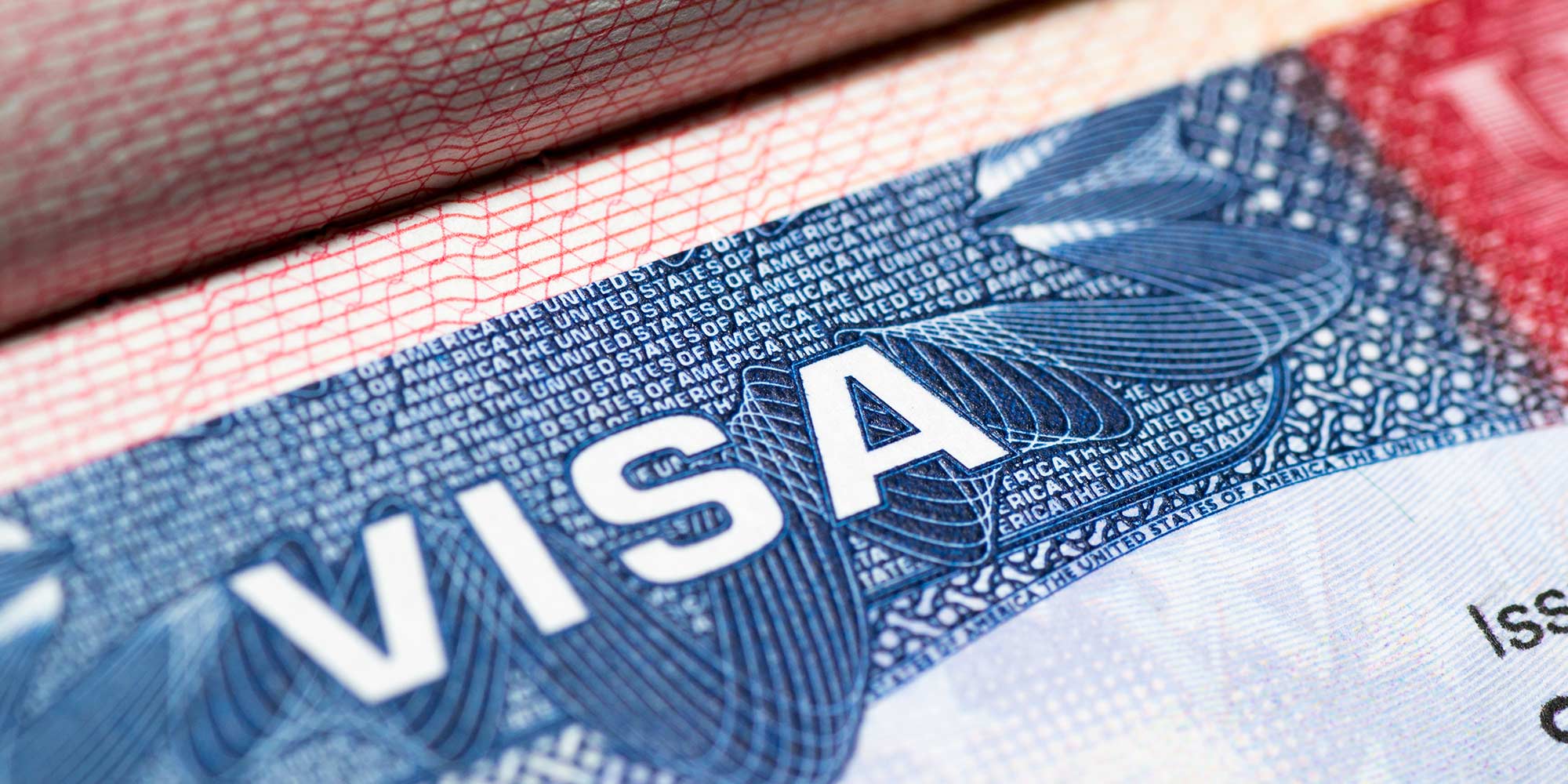On June 22, 2020, President Trump issued a new Presidential Proclamation that expanded a growing web of restrictions on the entry of certain immigrants entering the U.S. The administration has argued that the execution of this proclamation is meant to slow the spread of COVID-19 and preserve jobs for American workers. It adds additional categories of visas to a previous Presidential Proclamation issued on April 22nd, which also suspended immigrants with certain visas from entering the country. The new order is being enforced as of June 24, 2020 and will remain in effect until December 20, 2020, with the possibility of extension.
The National Iranian American Council will continue to monitor the implementation of this new order, and continue working to secure equitable immigration policies in the United States. That being said, we are very interested in hearing from you. If you have specific questions about the impact of the order, please message [email protected] to be connected to a member of our team.
While this order may not affect many Iranians given the already burdensome restriction created by the Muslim Ban and previous Presidential Proclmations on COVID-19, we are concerned by the prospect of normalizing the Trump administration’s anti-immigrant and anti-immigration policies. We will continue to closely monitor how these Presidential Proclamations are implemented and will continue to push for equitable immigration polices and a repeal of the Muslim Ban. Please find a breakdown of the new order below:
Who Does This Apply To?
The scope of the new Proclamation includes individuals who are outside of the United States and do not have a valid visa issued before June 24, 2020. Therefore, individuals seeking to apply for visas include in the new Proclamation will be unable to do so. The visas delineated in the new order include:
- H1-B or H-2B visas and their family members
- H1-B visa holders are workers employed temporarily with the U.S. and can range from engineers to teachers to computer scientists.
- H-2B visa holders include non-agricultural seasonal temporary workers
- J visas, or the “ Exchange Visitor” visa
- This would only include interns, trainees, teachers, camp counselors, au pair, or those working in a summer work travel program, and any individuals accompanying the visa holder
- L visas and their family members
- These are executives, managers and specialized workers who tend to be transferred within a single company but to the U.S. from a foreign country.
- These are executives, managers and specialized workers who tend to be transferred within a single company but to the U.S. from a foreign country.
What Are the Exemptions?
The Proclamation’s exemptions include:
- Lawful permanent residents of the United States (green card holders);
- Spouses and children of U.S. citizens;
- Individuals seeking to enter the United States to provide temporary labor or who are essential to the United States food supply chain
- Anyone whose entry would be deemed to be in the “national interest.”
In addition, the Proclamation does not affect people already in the United States on the visas mentioned above or who happen to be abroad currently but have a valid visa in hand. Furthermore, not every J-visa category is barred from entry. In particular, it does not appear to affect J-visa applicants seeking admission as a student or scholar.
Additional Resources
Center for Immigrant’s Rights Clinic – University of Penn Law School: Proclamation Suspending Entry of Immigrants Who Present Risk to the U.S. Labor Market During the Economic Recovery Following the COVID-19 Outbreak: What You Need to Know
New York Times: The Visas and the Fury – Business Communities Anger at New Proclamation
New York Times: Trump Suspends Entry of Certain Foreign Workers Despite Business Opposition
Back to top
